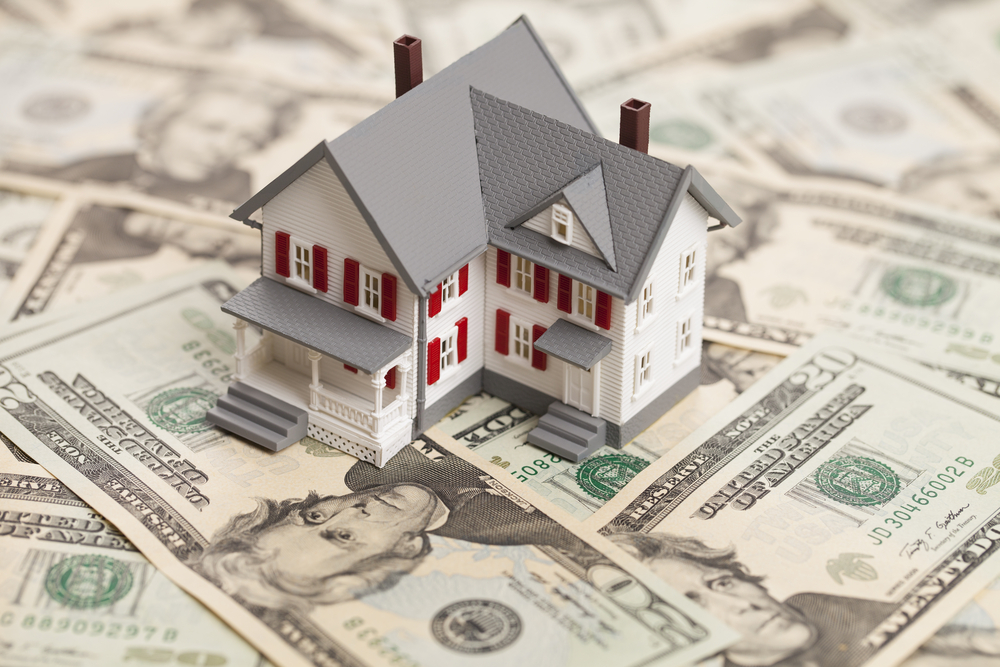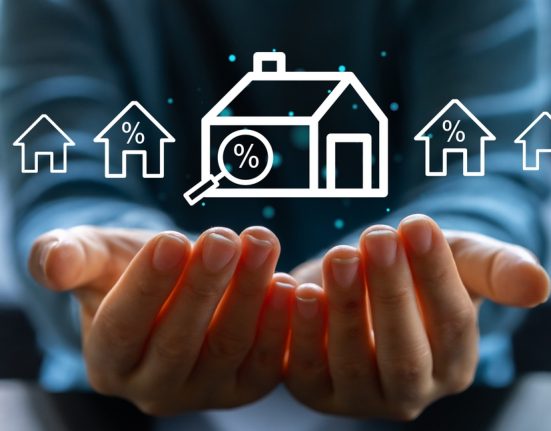It doesn’t matter how old you are, building your home equity is an important investment. Financial experts consider it a form of “forced saving.”
But what is home equity? Put simply, home equity is money that you have accumulated while paying your mortgage. This may mean that the value of your home has increased since you bought it. It can also mean that you’ve paid off part of your loan to the bank or credit union. No matter how your equity came to be, it is important to accumulate as much as possible. Why? Well, home equity can open financial doors that you may not have thought about. It can help you to upgrade your home, help you invest in a dream or even put in that pool you’ve been wanting!
While the basic principles of building home equity are the same for everyone (pay off as much of your mortgage as possible), different generations face different challenges in today’s financial climate. So, we’ve compiled tips for building home equity, no matter your age.
Home equity tips for millennials (ages 18–34)
Not all millennials are homeowners—yet—but they’re rapidly joining the ranks. If you’re in this generation, know that you’re part of the largest group of home buyers in America (32%).
The most important thing you can do to build home equity, if you are a member of this age group, is to take out a short-term mortgage instead of the traditional long-term version. Yes, you’ll pay more each month (though not much more, do your math here), but you’ll also save loads of cash in interest over the life of the loan, while typically incurring a lower interest rate.
One concern: This generation faces the challenge of student loan debt and tight credit that other generations may not. If your own debt-to-income ratio isn’t great, you may want to pay more money toward your debts, improving your ratio. If hopping into a short-term loan simply isn’t feasible for your budget, try something longer and commit to paying extra each month (and actually do it!). Your best tool is an automatic transfer for your mortgage payment. Start by adding just $100 extra each month to your mortgage payment—then forget about it. Before you realize it, you’ll have built more equity, which gives you a head start toward a future of financial freedom.
Home equity tips for Generation X (35–51)
Easy-to-obtain mortgages encouraged record levels of home buying among Gen Xers—but the market crash also heavily affected this group’s home equity. Maybe you’ve had a tough time of it in the past but, fortunately, the tough times are subsiding as Gen Xers, like you, begin to reap rewards from the careers they’ve built. A study shows that Gen Xers in the U.S. will likely see their share of wealth more than double from the current 14% to 31% by 2030.
As part of the Gen X group, you more than likely tend to be very smart about home equity—you treat your home as not only a place to live, but also a physical and financial asset. To make that asset more valuable, consider refinancing now, while the rates are low. Also consider putting some of your improved cash flow into home improvements, which take a different approach to building home equity by increasing the value of your home. So, if you decide to sell your home, you’ll get a better return on your investment.
Home equity tips for Baby Boomers (52–70)
The majority of Baby Boomers bought their homes in the ‘80s and ‘90s, which means a number of these homes are paid off—or at least near the end of their mortgage payments. If you’re a Boomer, your home is probably one of your biggest financial assets.
With retirement looming for many Boomers, it’s best to keep home equity strong. Accomplish this goal simply by staying put and enjoying the lifestyle you’ve built from years of saving and planning. Or maybe you’re ready to downsize or move to the house of your dreams. Now is the time to leverage your current home equity: invest it, buy or build a new home or use it for other life events.
So, where do you begin when it comes to calculating the equity in your home? Start by finding the current market value of your home, then subtract what you’ve paid off your mortgage. Once you’ve done this, you can better see how much equity you have and perhaps put a plan in place to acquire more equity.
Consider these options for your home equity:
Make home improvements. Do your grandchildren visit frequently? With your home equity, a line of credit can let you add on to the house or even build a vacation home.
Consider a reverse mortgage. If you’re 62 years old or older, a reverse mortgage allows you to tap into the equity in your home—without making payments or having limitations on how you use the money. When you sell your home or pass it to the next generation, the amount you borrowed plus interest is deducted from the value of your house.
Regardless of your age, the key to working with your home equity is to always look toward your goals. Would you like to help your children pay for college? Upgrade your home? Buy a second home? Consider how much you’ll build by your target dates. Then, whether you’re buying, refinancing or leveraging your equity, you’ll be much more prepared.








